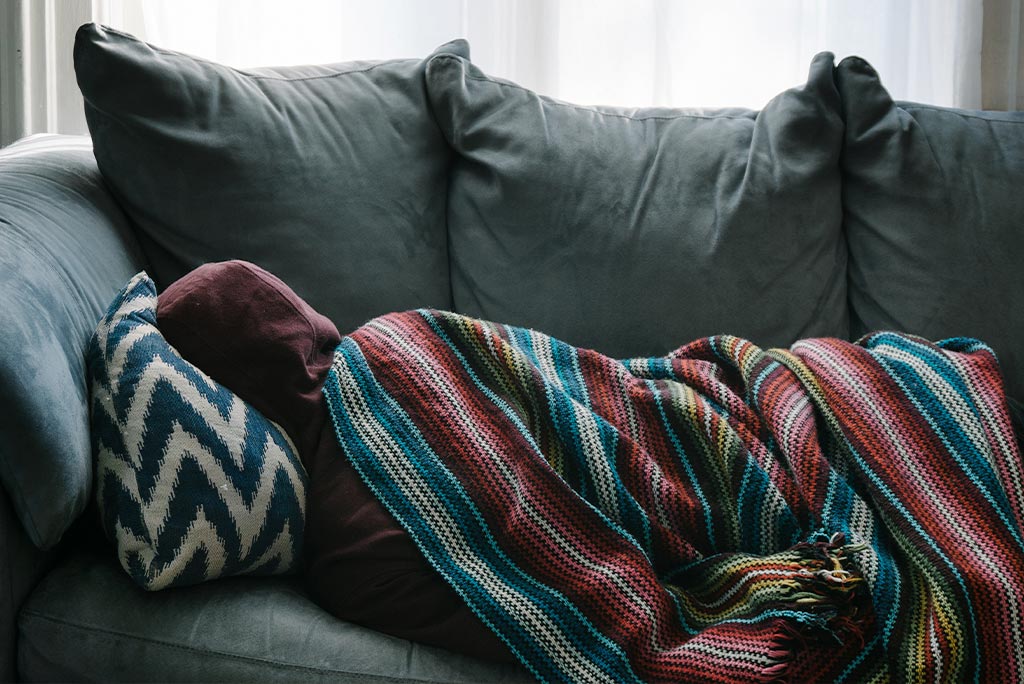
Gastroenteritis (the stomach flu) is defined as the sudden onset of vomiting or diarrhea. It often begins with nausea, vomiting, abdominal pain, and a low-grade fever which usually resolve in 8-24 hours. Afterwards, children often have 3-7 days of diarrhea. Some infants and children just have vomiting, and other only have diarrhea. Often children will have both symptoms before the illness is over. Most vomiting and diarrhea is caused by a virus; this is the reason this illness is not helped by antibiotics. Your child’s own body must fight this illness. In fact, vomiting and diarrhea are your body’s way to try to get rid of the virus which is causing these symptoms; this is why we do not want to suppress these symptoms when they first begin.
Hydration
The major concern with these infections is maintaining adequate hydration (keeping your child’s internal fluid level normal). Signs of dehydration include decreased urine output (less than 3 wet diapers in 24 hours), weight loss, lack of tears, lack of drooling, or decreased activity. If you note any of these signs of dehydration in your child, they need to be seen by the physician.
Oral rehydration (replacing fluids by mouth) requires the use of electrolyte and carbohydrate solutions to replace what is being lost by your child’s body in the vomiting and diarrhea. Initial fluids used during the first 24 hours of the illness should be one of the commercially available solutions such as Pedialyte, Infalyte, Gerber Pediatric Electrolyte solutions or KaoElectrolyte packets. Cokes, 7-UP, tea or Gatorade may taste better but they do not replace the appropriate salt and sugar losses from the vomiting or diarrhea. Frozen Pedialyte ice-pops are also available for the toddlers and older children. The main trick during the first 2 hours of this illness (while vomiting) is to give very small amounts (1/2 ounce or ¼ cup) very frequently (every 15-60 minutes). In less than 6 month olds, 1-2 ounces of Pedialyte or other electrolyte solution every 1-2 hours IN ADDITION to smaller feeding of breastmilk or regular formula should be the diet for the first 24-48 hours of illness. Infants and toddlers can safely be on Pedialyte alone for up to 24 hours in extreme cases of vomiting and diarrhea.
Diet
In toddlers and children, 6-8 hours after the last vomiting episode you may start adding simple foods like bananas, saltine crackers, rice cereal or oatmeal, applesauce and toast or pasta (the BRAT diet). After 24 hours since the last vomiting episode, you may return to their normal diet, but avoid fatty, spicy, greasy or high sugar foods for a full 2 days. If your toddler or child has only diarrhea, they may continue their normal diet except for limiting glasses of milk and dairy products until the diarrhea has resolved. Diarrhea medicine is not routinely recommended in children; it does not shorten the duration of the illness and some contain harmful ingredients.
Your child needs to be seen by the physician if:
- Your infant is less than 8 weeks of age
- Your child appears very weak or sleepy
- Your child’s vomiting lasts more than 24 hours
- Your child has fever great than 102 with vomiting and diarrhea
- You see blood or a black color in the stool or emesis
- The diarrhea lasts more than 7 days.
- Your child has less than 3-4 wet diapers in a 24-hour period; or goes 8-10 hours without a wet diaper
- Your child has severe abdominal pain
Corinth Family Medicine and Pediatrics
Karri Dutton, MD

